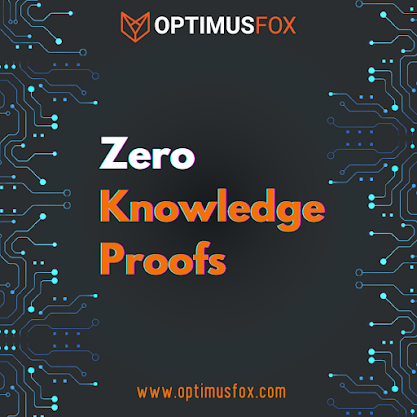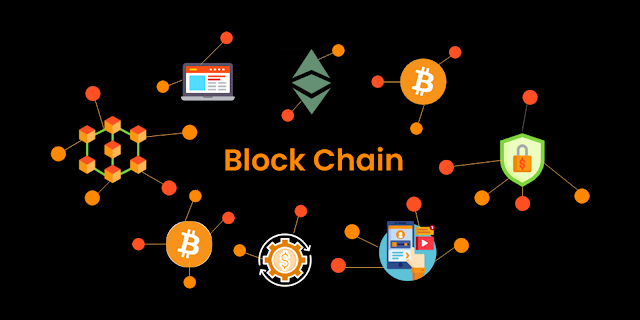Zero Knowledge Proofs: An In-Depth Look
A zero-knowledge proof (ZKP) is a type of proof that allows a prover to prove to a verifier that a statement is true, without revealing any additional information beyond the statement being true. Zero-knowledge proofs are designed to preserve privacy, while still providing a way to verify that a statement is true. This makes them a critical component of many security-sensitive applications, including cryptocurrency systems, digital identity verification, and secure multi-party computations.
What is a Zero Knowledge Proof?
A zero-knowledge proof is proof that allows a prover to demonstrate to a verifier that a statement is true, without revealing any additional information about the statement. This is achieved through the use of complex mathematical algorithms that ensure that the only information exchanged between the prover and the verifier is the statement being proven and that the verifier is able to verify the statement without having to know any additional information.
The key property of a zero-knowledge proof is that the verifier does not learn anything about the statement beyond the fact that it is true. This is achieved by designing the proof so that the verifier can only check the validity of the statement, but cannot obtain any additional information about it.
Why Are Zero Knowledge Proofs Important?
Zero-knowledge proofs are important because they provide a way to verify the truth of a statement while still preserving privacy. This makes them critical for many security-sensitive applications, where it is important to verify the truth of a statement without revealing sensitive information.
For example, in a cryptocurrency system, a zero-knowledge proof might be used to verify that a user has the required amount of funds in their account to make a transaction, without revealing the user's complete transaction history. This helps to protect the user's privacy, while still allowing the system to ensure that the transaction is valid.
Another example is in digital identity verification, where a
zero-knowledge proof might be used to verify that a user is over 18 years old,
without revealing the user's date of birth or other sensitive information. This
allows the system to verify that the user is eligible to access certain content
or services, while still preserving the user's privacy.
How Do Zero Knowledge Proofs Work?
Zero-knowledge proofs work by using complex mathematical algorithms to create a proof that can be verified by a verifier, without revealing any additional information about the statement being proven. This is achieved through the use of cryptographic techniques such as encryption, digital signatures, and hash functions.
The basic idea behind a zero-knowledge proof is that the prover and the verifier engage in a series of interactions, in which the prover provides information and the verifier checks that information to ensure that it is valid. The key property of a zero-knowledge proof is that the verifier can check the validity of the information without actually seeing the information itself.
Types of Zero Knowledge Proofs
There are several different types of zero-knowledge proofs, each with its own strengths and weaknesses. The most common types of zero-knowledge proofs include:
Interactive proof systems
Non-interactive proof systems
Succinct non-interactive arguments of knowledge (zk-SNARKs)
Interactive Proof Systems
Interactive proof systems are the simplest and most widely used type of zero-knowledge proof. In an interactive proof system, the prover and the verifier engage in a series of interactions, in which the prover provides information and the verifier checks that information to ensure that it is valid.
Interactive proof systems are typically used for relatively
simple statements and are most commonly used in digital signature systems and
other applications where the statement being
https://dailygram.com/blog/1213037/introduction-of-blockchain-and-stable-coin/
https://www.thepostcity.com/what-is-web-development-a-guide-to-web-development-process/
https://www.thepostcity.com/futuristic-aspects-of-artificial-intelligence-ai/
https://dailygram.com/blog/1200488/5-programming-language-beginners-should-learn/
https://dailygram.com/blog/1196373/top-e-commerce-business-opportunities-and-ideas-for-2023/
https://dailygram.com/blog/1190493/cyber-scams-how-to-avoid-them/




Comments
Post a Comment